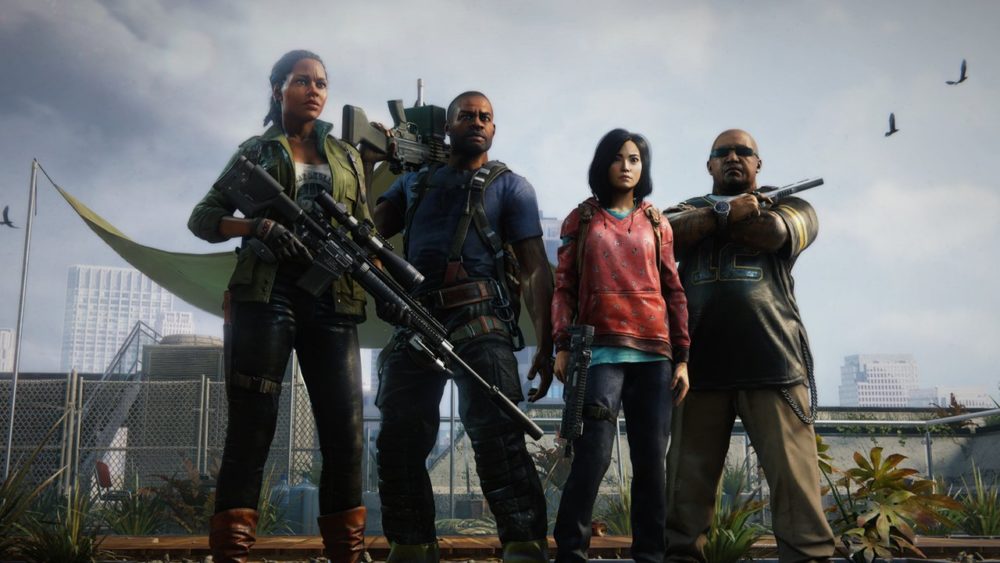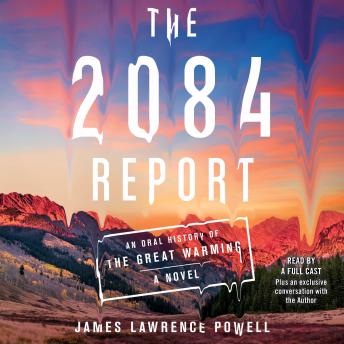
Which subjects do you wish more authors would write about?

Meg Lowman recently gave me a copy of “The Arbornaut.” So far I’ve only read the prologue and Chapter 1, but I wrote about her amazing discoveries in my last book, “Seeds of Hope.” And here I might add that I learned so many things, so much that was new to me, about the amazing vegetable kingdom when researching that book. I’m longing to know more about the amazing ecosystem of a forest canopy. The ability of trees to communicate with each other by means of an underground network of their roots and the fungal threads attached to them. What’s the most interesting thing you learned from a book recently? I admire Rachel Carson, who wrote “Silent Spring,” and Steven Drucker, who spent 11 years researching the dangers of genetically modified food to write “Altered Genes, Twisted Truth.” For a general audience I would also recommend David Quammen (his latest was “Spillover,” about the origin of zoonotic diseases) Peter Wohlleben, who wrote “The Hidden Life of Trees” and Meg Lowman, who wrote “The Arbornaut.” Craig Foster and Ross Frylinck describe a magic world in “Underwater Wild.” Every day up in the mountains at dawn, back at dusk.Īre there researchers or popular science writers you especially admire? What science and nature writers would you recommend for a general audience? I read no books, as I was utterly focused on first finding, then observing the chimpanzees, and in the evening transcribing my field notes. Was reading a big part of your life during the decades that you lived among wild chimpanzees? What books, or what kinds of books, did you read in that period? Those who write about social and environmental problems, especially when they are living in repressive regimes where they risk - and often lose - their lives. Which writers - novelists, playwrights, critics, journalists, poets - working today do you admire most? Listen to our podcast: Featuring conversations with leading figures in the literary world, from Colson Whitehead to Leila Slimani, the Book Review Podcast helps you delve deeper into your favorite books.That got us wondering: What is the best book that was published during that time? Nominate a book: The New York Times Book Review has just turned 125.See what’s new in October: Among this month’s new titles are novels by Jonathan Franzen, a history of Black cinema and a biography by Katie Couric.Learn what you should be reading this fall: Our collection of reviews on books coming out this season includes biographies, novels, memoirs and more.Want to keep up with the latest and greatest in books? This is a good place to start.

We need to grow the Fellowship of the Ring to fight the evil forces of autocratic regimes, the swing to the far right, the disrespect of nature that has led to climate change, extinction of species and the pandemic industrial agriculture including the horrendous factory farms - the list is endless. Moreover, the book is like an allegory of the challenges we face in today’s dark times. Tolkien’s “The Lord of the Rings” - the author has created another world that becomes totally real even as the story grips you. His mastery of the different voices of his characters is quite extraordinary. Another audiobook: “Beautiful Ruins,” by Jess Walter. The reader matters - I love Hugh Fraser’s voice.

I need something soothing to stop the racing thoughts about all I haven’t managed to accomplish that day and all I have to do the next. Don’t know how long they’ll sit there, though - no time to read them.īy the end of a day of Zooms and Skypes and emails my eyes are too tired to read, so I turn to audiobooks. I skimmed it and it is an extraordinary and chillingly true autobiography. And “Cult: Following My Escape and Return to the Children of God,” by Bexy Cameron. It is brilliant and I know the author, Imran Ahmad.

“The Perfect Gentleman: A Muslim Boy Meets the West,” to remind me to reread. Doctor Dolittle and Tarzan led me to dream about living with animals in Africa.” I read every book about animals I could find.
#World war z cast audiobook tv#
“There was no TV when I was a child,” says the primatologist Jane Goodall, author (most recently) of “The Book of Hope.” “I learned from books - and nature.


 0 kommentar(er)
0 kommentar(er)
